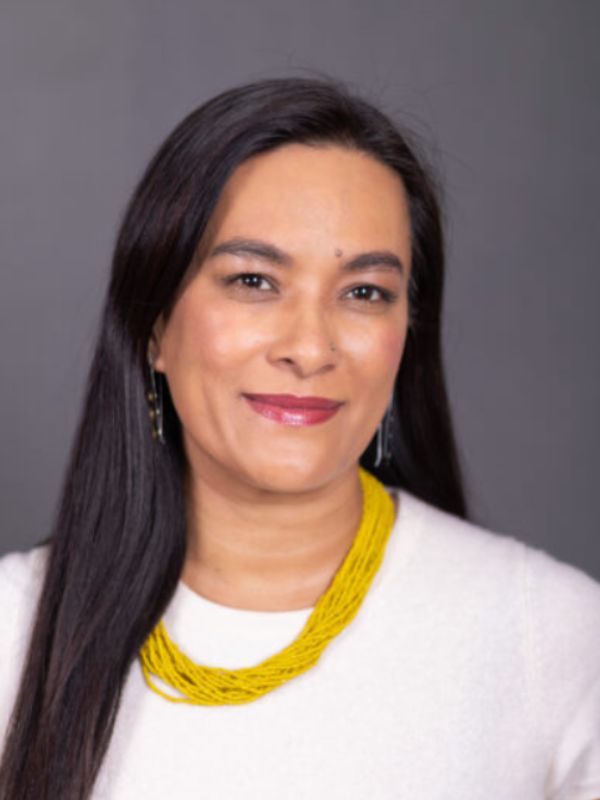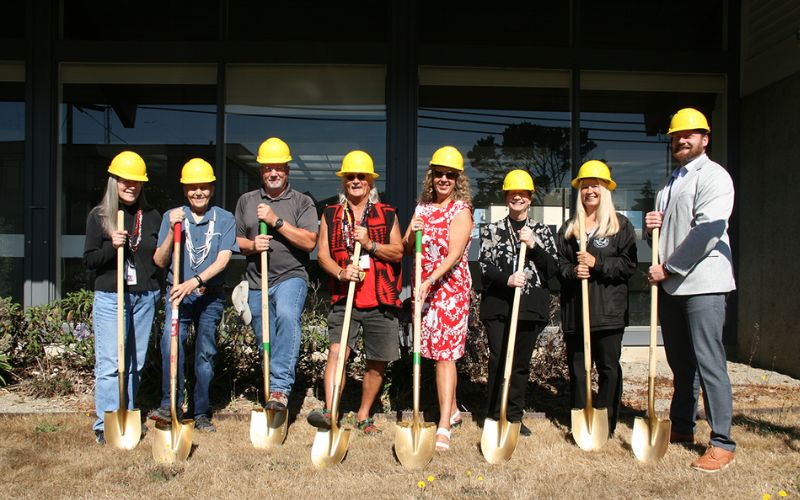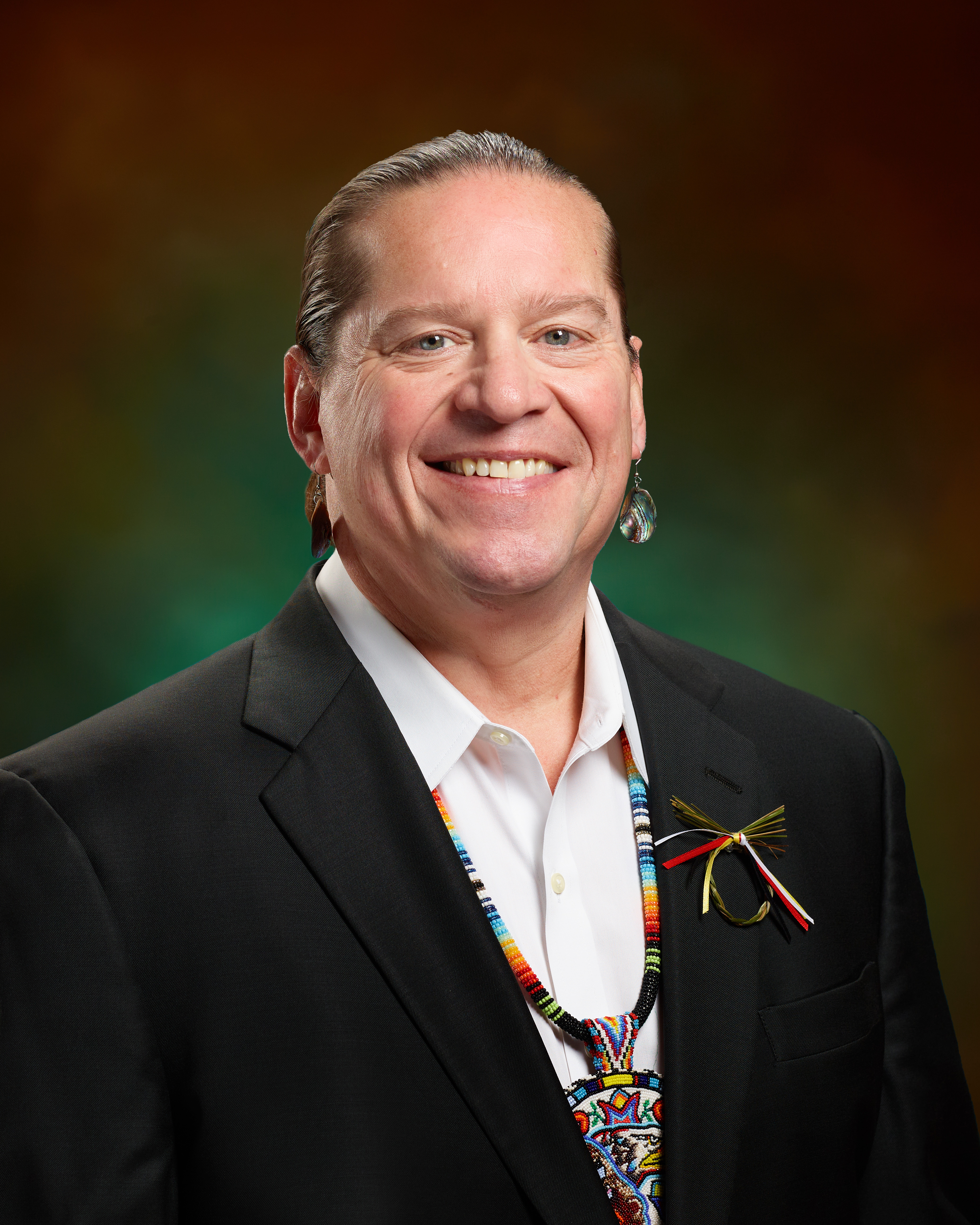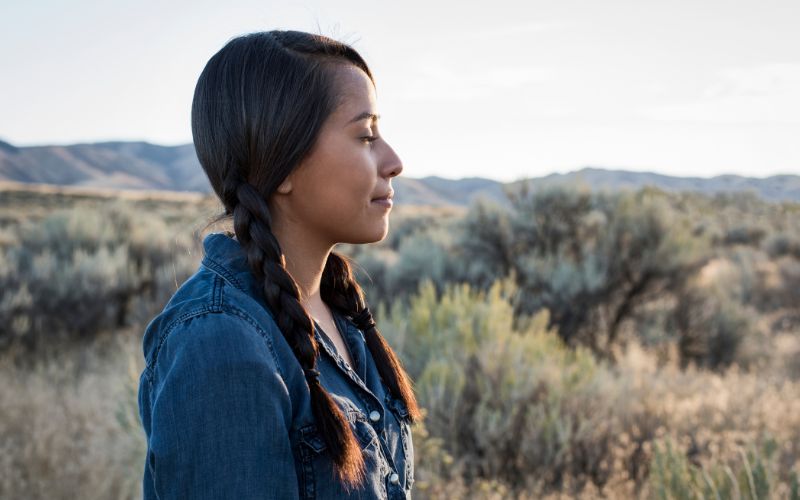Health
- Type: Default
- Ad Visibility: Show Article Ads
- Reader Survey Question: No Question
- Video Poster: https://nativenewsonline.net/images/10_Years_Logo.png
As February comes about, so does National Teen Dating Violence Awareness Month, casting a spotlight on a prevalent yet often overlooked issue affecting young people across Indian Country.
- Details
- By Kaili Berg
- Type: Default
- Ad Visibility: Show Article Ads
- Reader Survey Question: No Question
- Video Poster: https://nativenewsonline.net/images/10_Years_Logo.png
Tiny, intricate beads danced together in unison, forming an array of vivid colors. The hands of 41-year-old Jennifer Tendoy trembled as she grazed the top of a half-finished moccasin. A bear paw drawing was placed carefully on copy paper with smudged pencil marks from where her daughter last drew, two weeks before her daughter died by suicide.
- Details
- By Meghan Elaine
- Type: Headshot
- Ad Visibility: Show Article Ads
- Reader Survey Question: No Question
- Video Poster: https://nativenewsonline.net/images/10_Years_Logo.png
Dr. Anjuli Piya is the new Chief Medical Officer (CMO) of The Native American Health Center (NAHC) in Oakland, Cali., the center announced today.
- Details
- By Elyse Wild
- Type: Default
- Ad Visibility: Show Article Ads
- Reader Survey Question: No Question
- Video Poster: https://nativenewsonline.net/images/10_Years_Logo.png
WASHINGTON — Secretary Of Veterans Affairs Denis McDonough announced at the National Congress of American Indians Executive Council Winter Session on Tuesday morning that the Department of Veterans Affairs has exempted or reimbursed more than 143,000 copayments totaling approximately $2.5 million for more than 3,800 eligible American Indian and Alaska Native Veterans.
- Details
- By Levi Rickert and Kaili Berg
- Type: Default
- Ad Visibility: Show Article Ads
- Reader Survey Question: Health
- Video Poster: https://nativenewsonline.net/images/10_Years_Logo.png
- Details
- By Elyse Wild
- Type: Default
- Ad Visibility: Show Article Ads
- Reader Survey Question: No Question
- Video Poster: https://nativenewsonline.net/images/10_Years_Logo.png
- Details
- By Kaili Berg
- Type: Default
- Ad Visibility: Show Article Ads
- Reader Survey Question: No Question
- Video Poster: https://nativenewsonline.net/images/10_Years_Logo.png
While Native Americans are at the highest risk for suicide, they are significantly less likely to go to the emergency room with self-inflicted injuries than non-Nativces, according to a new study.
- Details
- By Elyse Wild
- Type: Headshot
- Ad Visibility: Show Article Ads
- Reader Survey Question: Health
- Video Poster: https://nativenewsonline.net/images/10_Years_Logo.png
Nottawaseppi Huron Band of the Potawatomi (NHBP) Tribal Council Chairperson Jamie Stuck has been appointed as a member of the Michigan Opioid Advisory Commission (OAC) by Michigan Senate Majority Leader Winnie Brinks effective January 16, 2024.
- Details
- By Native News Online Staff
- Type: Default
- Ad Visibility: Show Article Ads
- Reader Survey Question: No Question
- Video Poster: https://nativenewsonline.net/images/10_Years_Logo.png
- Details
- By Elyse Wild
- Type: Default
- Ad Visibility: Show Article Ads
- Reader Survey Question: No Question
- Video Poster: https://nativenewsonline.net/images/10_Years_Logo.png
January is National Stalking Awareness Month, bringing attention to the impact of violence on American Indian and Alaska Native women, which remains a serious health problem.
- Details
- By Kaili Berg










